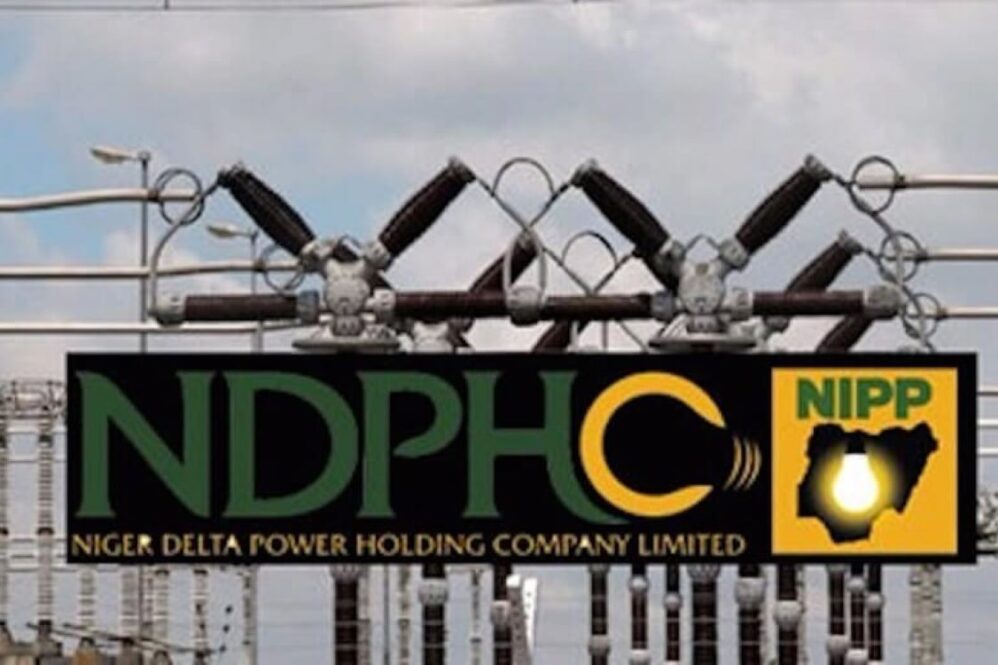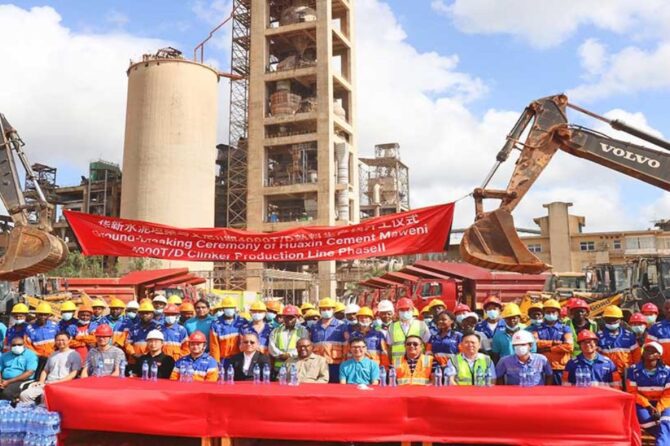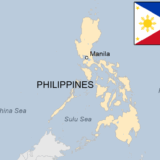NDPHC Decries N600 Billion Debt and Gas Supply Issues Hindering Full Utilisation of 2,000MW Power Capacity
Abuja, May 26, 2025 – The Niger Delta Power Holding Company (NDPHC) has raised alarm over severe operational challenges, revealing that nearly ₦600 billion in unpaid debts owed by Nigeria Bulk Electricity Trading Plc (NBET) and other bilateral entities, combined with gas supply shortages and transmission constraints, are significantly hindering the full utilisation of its 2,000 megawatts (MW) generation capacity.
Debt and Operational Challenges
Managing Director Jennifer Adighije disclosed that the massive debt burden owed by NBET and others has crippled the company’s ability to operate efficiently. She explained that despite having a mechanically available generation capacity of about 2,000MW, much of this capacity remains stranded due to:
- Transmission bottlenecks and limited dispatch corridors
- Gas supply and gas transportation limitations
- Dwindling electricity offtake by distribution companies (DisCos)
Adighije lamented the dismal uptake of electricity from the market, which has weighed heavily on NDPHC’s operations.
Efforts to Boost Power Generation
Despite these setbacks, the new management has successfully resuscitated five turbine units across the Calabar, Omotosho, Sapele, and Ihovbor power plants that were previously offline. These restored units now contribute an additional 625MW to the national grid.
However, the bulk of the 2,000MW capacity remains underutilised, largely due to systemic inefficiencies and infrastructural constraints.
Grid Stability and Compensation Issues
Adighije highlighted that the National Integrated Power Project (NIPP) plants under NDPHC are often ordered by the system operator to start up and shut down at will to provide primary frequency response and grid stability services. Unfortunately, these ancillary services are not monetised in line with the grid code and industry regulations, leading to operational stress on turbine units and low utilisation without compensation.
Strategic Pivot to Bilateral Trading
Facing these challenges, NDPHC is leveraging a Nigerian Electricity Regulatory Commission (NERC) directive that allows generation companies to sell power directly to eligible customers through bilateral agreements, bypassing the centralised market. This strategy aims to unlock stranded capacity by dedicating significant portions of it to direct sales and bilateral trading arrangements.
Other Notable Issues
- The prolonged shutdown of the Alaoji Power Plant is attributed to a metering dispute with the gas supplier, though efforts are underway to restore the Gas Metering Station and bring the plant back online before year-end.
- NDPHC has invested over ₦500 billion in transmission and distribution infrastructure projects, many now operated by the Transmission Company of Nigeria (TCN).
Conclusion
Adighije stressed that the company’s power generation is demand-driven, and without adequate demand or grid infrastructure, the available capacity cannot be fully dispatched. She called for urgent resolution of gas supply issues, debt repayments, and improved grid infrastructure to maximise Nigeria’s power generation potential and ensure reliable electricity supply.
















